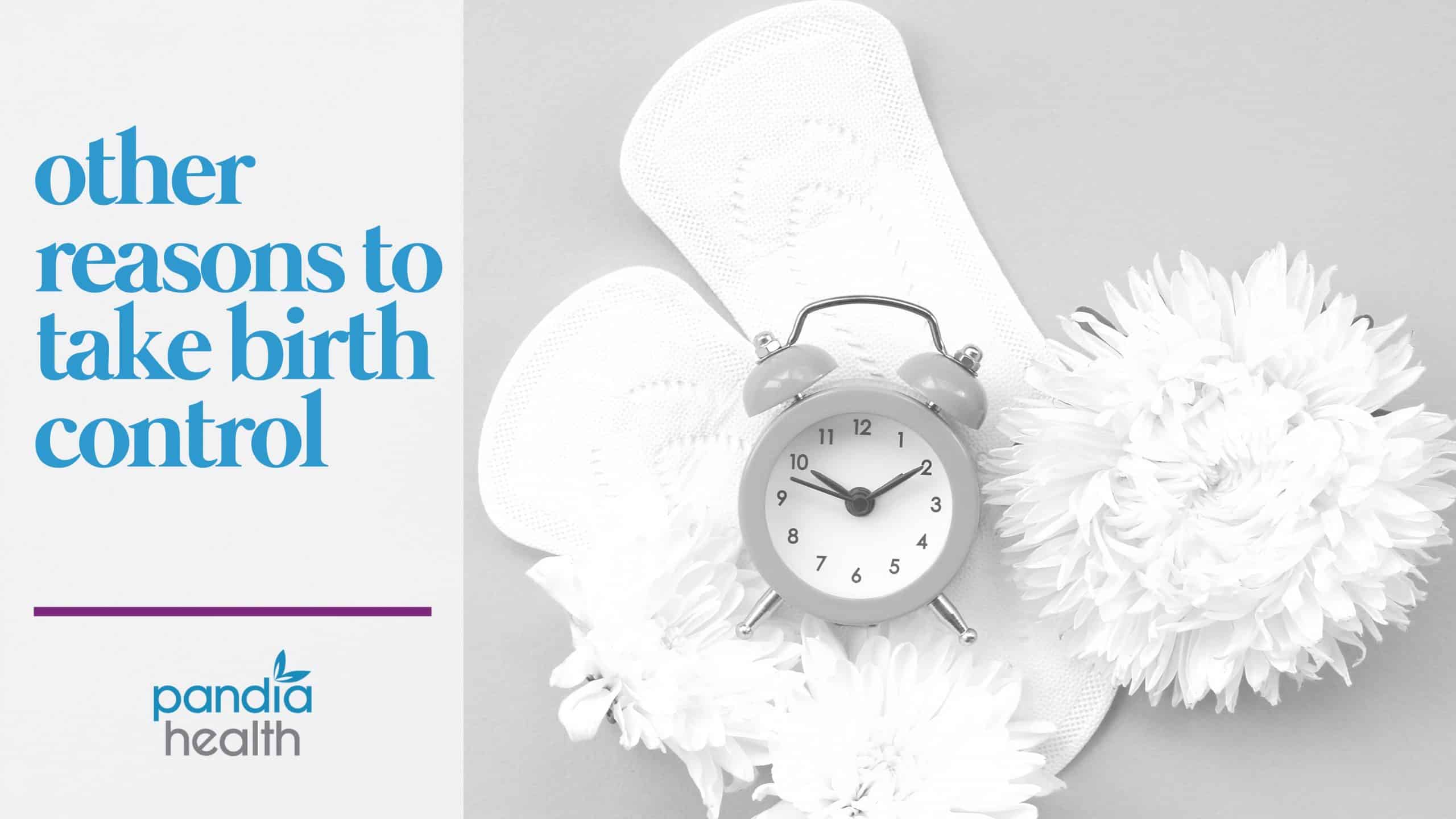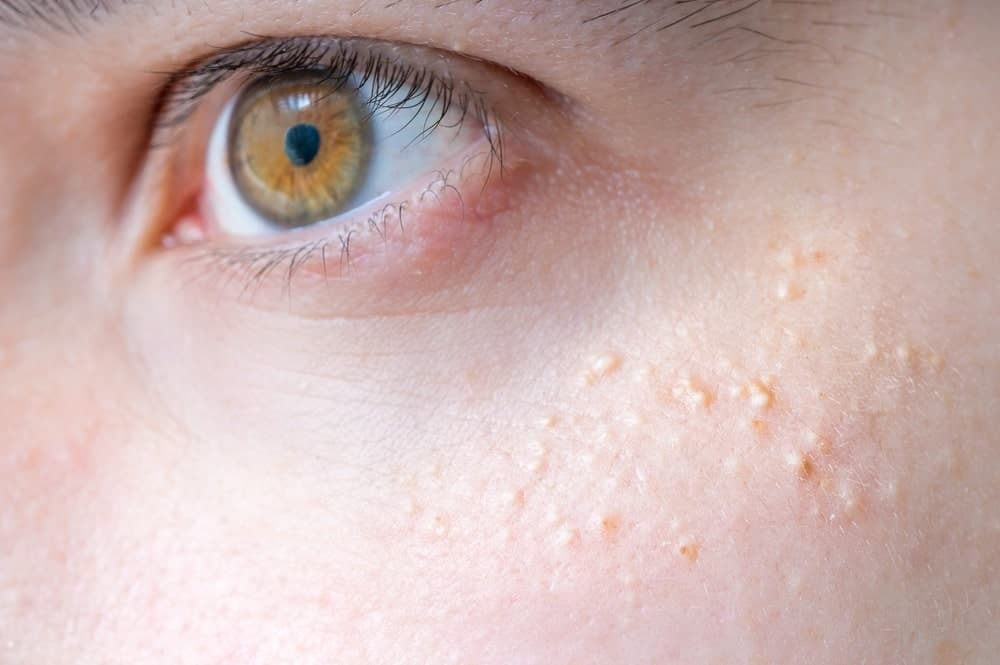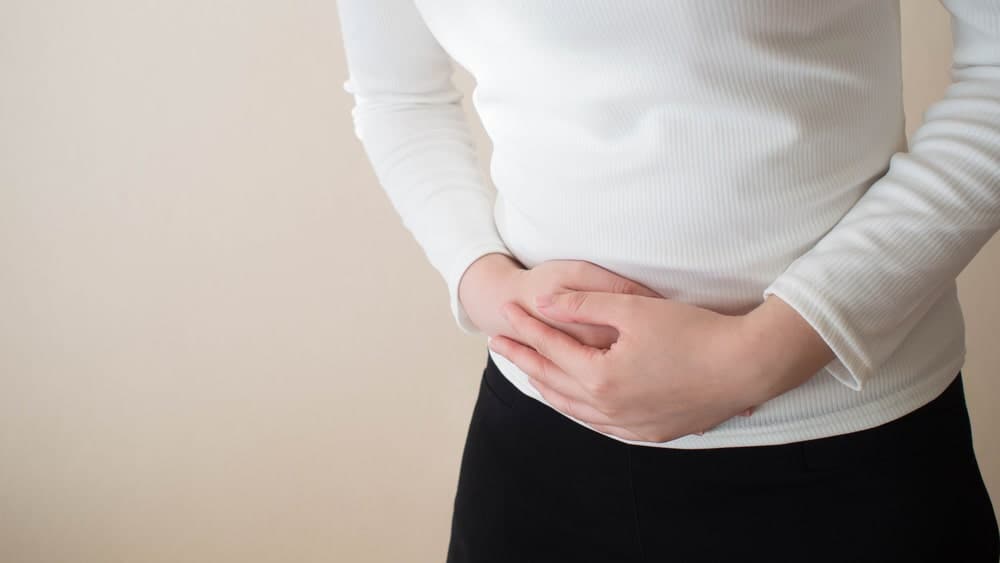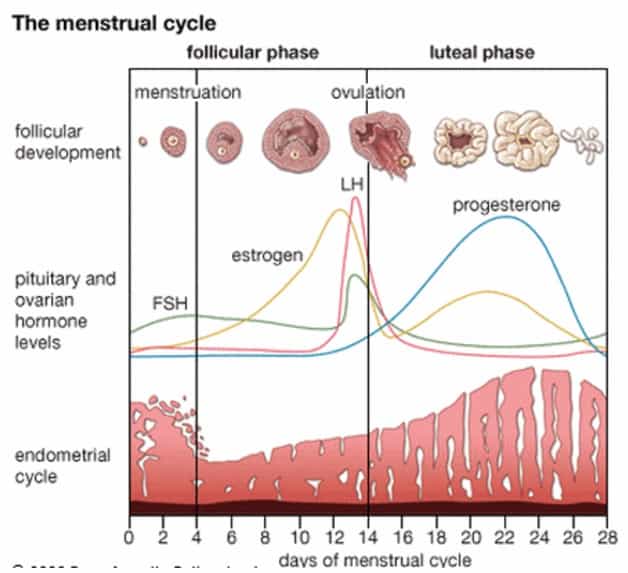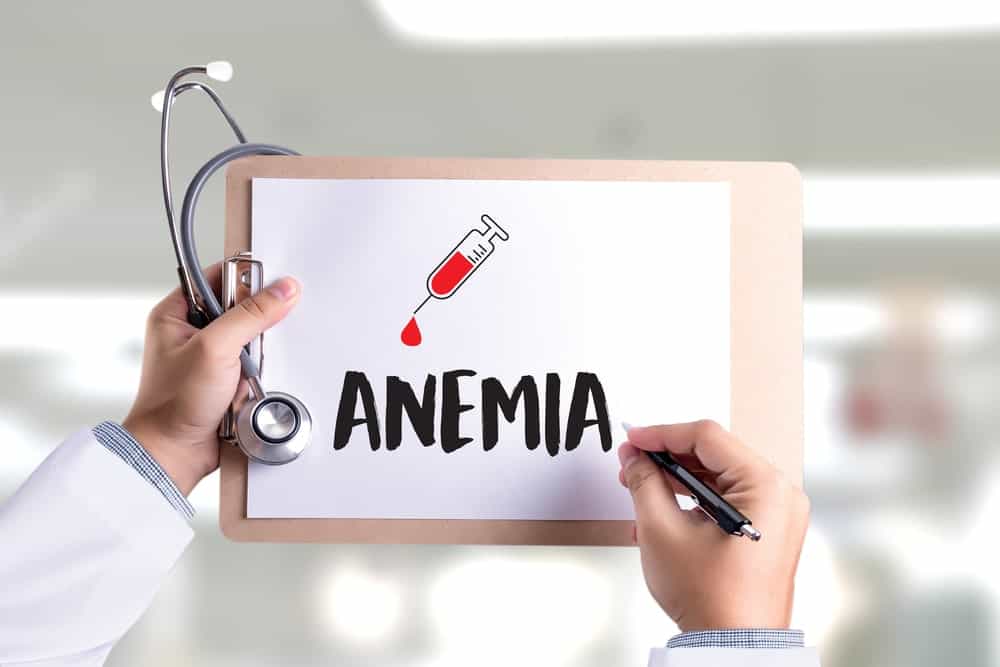Medically reviewed by Sophia Yen, MD, MPH – Written by Pandia Health Editorial Team
Can You Use the Birth Control Pill, Patch, Ring for Reasons Other Than Birth Control?
The birth control pill is one of the most popular hormonal birth control options used in the U.S. There are 43 million women of reproductive age in the U.S., and the average woman only wants to have two children. That means that she will have to use birth control for almost three decades of her life.
When used perfectly, the birth control pill is 99% effective for preventing pregnancy. With typical use, the pill is 91% effective. Although there are more effective methods of birth control available, women still overwhelmingly choose the birth control pill over other contraceptives. One reason why women choose the pill is because it’s possible to use the birth control pill for reasons other than birth control.
Because they can bear children, women have unique healthcare needs, and they can experience many different health issues, pains, and inconveniences related to their reproductive system. The birth control pill, patch, and ring can help alleviate some of these issues and can give women a more level playing field at work, school, play, and in their personal lives.

A study of US women from 2011, showed ~ 762,000 women who have never had sex use the pill, and they do so almost exclusively (99%) for noncontraceptive reasons.
What are some of the major health problems the birth control pill, patch and ring can alleviate?
Birth control pills, patches, and rings can decrease the length and the severity of a woman’s period, and they can also be taken for months at a time to prevent any withdrawal bleeding. (However, the patch should only be used for a maximum of 3 months in a row because with the patch the estrogen levels increase over time, putting users at risk of blood clots.)
Painful periods (dysmenorrhea)
31% of women using the pill use it to decrease cramps and menstrual pain.
Did you know one of the top reasons women < 25 years old miss work or school? Their periods. Research shows that 16-29% of women have such painful periods that they have to be on bed rest, miss work, cut back on activities, or report a level of 8-10 out of 10 pain.
Heavy Periods (menorrhagia) leading to Iron-deficiency Anemia
Heavy periods and/or prolonged periods can significantly lower a woman’s iron stores. Iron-deficiency anemia can be painful, distressing, and impair a person’s day-to-day functioning. Symptoms of iron-deficiency anemia include extreme fatigue, lethargy, and weakness. It can lead to headaches, chest pain, shortness of breath. In severe cases, people with iron-deficiency anemia can experience organ failure or lose enough blood to need a transfusion.
Taking birth control pills continuously can help women maintain their iron stores.
Acne
Acne in teenagers and young adults is often related to hormonal imbalance. The birth control pill, patch, and ring can smooth out or fix these imbalances. Dr. Yen recommends that women consider taking a monophasic pill and skipping the bleeding/placebo week to get maximal results.
PCOS
PCOS, or polycystic ovary syndrome, is an illness related to hormonal imbalances in the female reproductive system. PCOS can cause irregular, heavy, and/or painful menstrual bleeding, infertility, excessive hair growth, weight gain, and insulin resistance. Untreated PCOS increases the risk of endometrial cancer. The condition can also increase a woman’s risk of hypertension, diabetes, and cardiovascular diseases. Up to 10% of premenopausal women have PCOS.
Treating PCOS involves regulating hormones and the menstrual cycle. The birth control pill, patch, or ring can be the first line of treatment for PCOS, because they are highly effective at regulating the menstrual cycle and reducing PCOS symptoms. PCOS can also be treated with metformin, a medication that regulates insulin.
Ironically, taking birth control pills can improve a women’s fertility if she has PCOS. While on the birth control pill, patch, ring, a woman with PCOS’s hormones “normalize.” So right when she stops those methods, she is “most normal” hormonally and thus most fertile. The more time she is off the medications, the more abnormal her hormones will become.
Endometriosis
Endometriosis is a painful condition where endometrial cells, (the cells that comprise the uterine lining), grow outside of the uterus. When a woman has endometriosis, these cells can be found on the outside of the uterine wall, on the bladder, the ovaries, the intestines, and inside and outside the fallopian tubes. When a woman who has endometriosis gets her period, these cells are activated, causing severe pain and leading to heavy menstrual periods. The cells also cause scarring and can lead to infertility and increased rates of ovarian cancer. Endometriosis can also cause iron-deficiency anemia from heavy periods and increase the risk of ectopic pregnancy from scar tissue blockages in the fallopian tubes. Ectopic pregnancies are deadly if they are undiagnosed and untreated.
Extended-use of the birth control pill, patch, or ring can stop the menstrual cycle, and therefore, prevent the endometrial cells from activating. This can give women a chance to restore their iron levels and improve their quality of life by eliminating menstrual pain.
Endometrial, Ovarian, and Colorectal Cancers
Women who take birth control pill, patch, or ring can reduce their risk of endometrial, ovarian, and colorectal cancers by up to 60%. Women with a family history or personal history of these cancers can benefit from taking birth control pills, patches, or rings to decrease their risk of cancers.
How can birth control pills improve women’s daily lives?
Dealing with the mood swings, physical pain, cravings, and inconvenience associated with continuous menstrual cycles can severely impact a woman’s day-to-day functioning. It’s also expensive to menstruate every single month for decades on end. Tampons and other feminine hygiene products are some of the most requested items at food banks and homeless shelters.
The average woman will experience 450 periods in her lifetime and will menstruate each month for an average of 37.5 years and use 12,000 menstrual hygiene products. The average woman will spend $400 to $2000 on products to contain the flow throughout her lifetime.
Also, periods are associated with other costs, including care costs, pain relief, and reduced productivity, which can impact a woman’s ability to work or go to school. Potentially, a woman can lose thousands upon thousands of dollars during her reproductive years, thanks to menstruation.
She may miss work, which means losing money if she is an hourly wage earner or does not have access to paid sick days. She may be required to spend money each month for pain relief for cramps or deal with anxiety and depression because of hormones. Treatments for menstrual-related, hormonal acne and using products to cover up hormonal acne can also add up quickly.
Are you interested in experiencing the numerous health benefits that hormonal birth control can provide? The Patient Care Advisors at Pandia Health are standing by to answer your questions. Please contact them today to have the pill, patch, or birth control ring delivered to your home.
There are a myriad of reasons outside of not getting pregnant to be taking birth control. Explore the possibilities birth control offers and find a solution to your problem. From acne maintenance to ovarian cyst prevention and protection, the pill has more uses than most know.
Disclaimer:
The views expressed in this article intend to inform and induce conversation. They are the views of the author and do not necessarily represent the views of Pandia Health, and are for informational purposes only, even if and to the extent that this article features the advice of physicians and medical practitioners. This article is not, nor is it intended to be, a substitute for professional medical advice, diagnosis or treatment, and should never be relied upon for specific medical advice.

